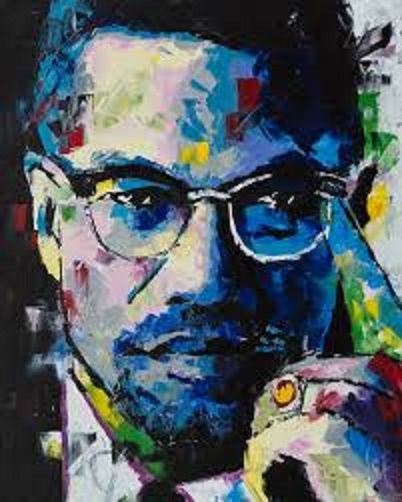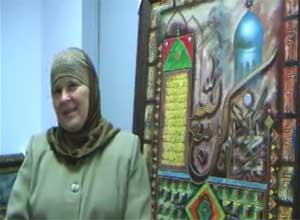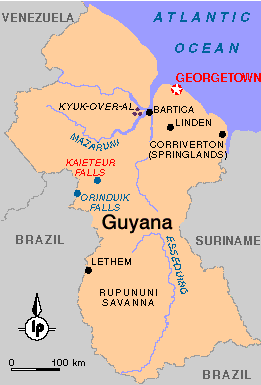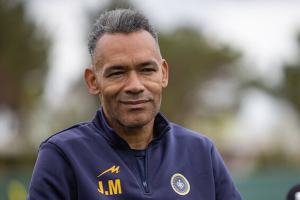According to rahyafte (the missionaries and converts website): Malcolm X, whose birth name was Malcolm Little, was born on May 19, 1925, in Omaha, Nebraska, USA. He grew up in a tumultuous environment marked by racial discrimination, economic challenges, and family struggles. His father, Earl Little, was a Baptist minister and a supporter of Marcus Garvey’s Back-to-Africa movement, which aimed to uplift Black people worldwide. Earl’s activism and beliefs exposed the family to various forms of oppression and threats from white supremacist groups.

The family’s hardships and the racial violence they faced culminated in the tragic death of Malcolm’s father and the subsequent institutionalization of his mother. As a result, Malcolm and his siblings were separated and sent to foster homes. Malcolm’s experiences with racism and his family’s struggles deeply impacted his outlook on life.
In his early years, Malcolm engaged in criminal activities and ended up in prison for burglary in 1946. It was during his time in prison that Malcolm’s transformation began. In 1948, his brother Reginald introduced him to the Nation of Islam (NOI), a Black nationalist and separatist movement led by Elijah Muhammad. Through the teachings of the NOI, Malcolm found a sense of purpose and identity that resonated deeply with him.
Malcolm’s conversion to Islam took place while he was in prison. He embraced the teachings of the NOI, which blended Islamic principles with Black empowerment and self-sufficiency. Upon his release from prison in 1952, Malcolm X became an ardent follower and spokesman for the Nation of Islam. He adopted the surname “X” as a symbol of his lost African heritage and his unknown family name.
As a charismatic and passionate orator, Malcolm X gained prominence within the NOI. His speeches, which emphasized the need for Black pride, self-defense, and economic independence, drew large audiences and sparked controversy. His message of self-reliance and his critique of white supremacy challenged the status quo and gained him both admirers and detractors.
However, tensions within the Nation of Islam and ideological differences with its leader, Elijah Muhammad, eventually led Malcolm X to break away from the organization in 1964. He embarked on a pilgrimage to Mecca, Saudi Arabia, which proved to be a transformative experience. During his Hajj pilgrimage, Malcolm X had a profound encounter with Muslims of various races and ethnicities praying side by side, challenging his previous views on racial integration.
Upon his return to the United States, Malcolm X embraced mainstream Sunni Islam and adopted the name El-Hajj Malik El-Shabazz. He continued his advocacy for civil rights, but his approach evolved. He emphasized unity among all oppressed peoples and advocated for racial harmony based on mutual understanding and cooperation.
Tragically, Malcolm X’s life was cut short on February 21, 1965, when he was assassinated while delivering a speech in New York City. His legacy as a fearless advocate for civil rights, social justice, and human dignity endures to this day. Malcolm X’s journey from a troubled youth to a powerful leader, from a criminal to an influential activist, remains an inspiration and a testament to the capacity for personal transformation and the pursuit of justice.




















